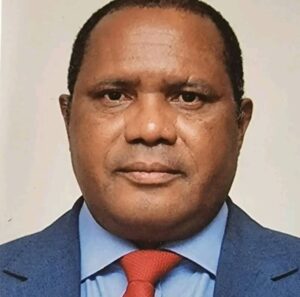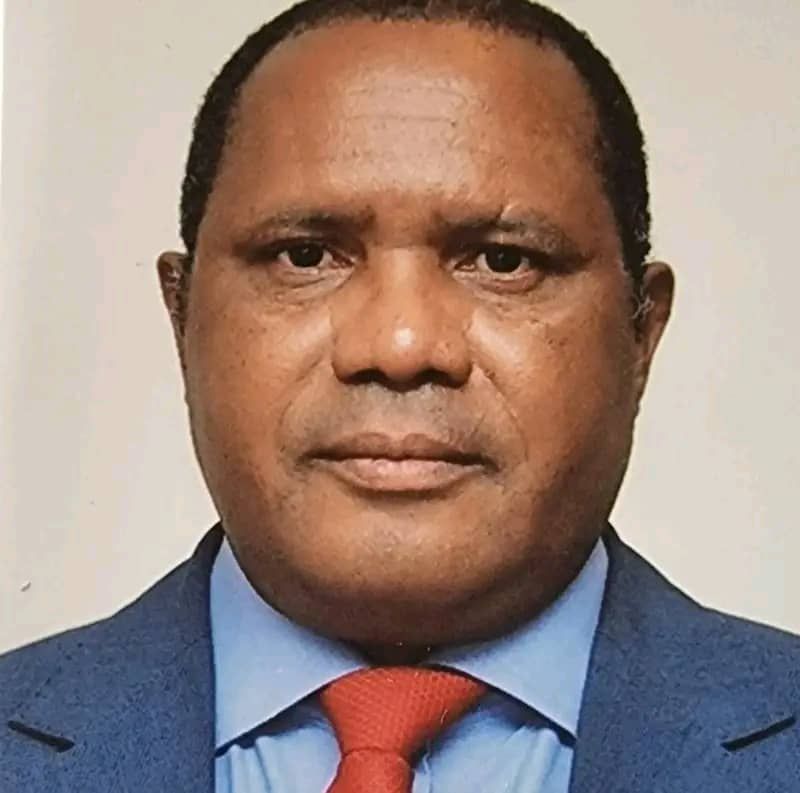By Burnett Munthali
Malawi Electoral Commission (MEC) Commissioner Richard Chapweteka is facing mounting pressure to resign after his recent Facebook comments stirred significant debate on social media. Chapweteka’s remarks have been interpreted as politically biased, leading to demands for his immediate resignation from the commission.
The controversy began when Chapweteka responded to a Facebook post by Honorable Nthambi, who had advocated for the re-election of former President Arthur Peter Mutharika in 2025. Chapweteka’s comment, “Dreaming is for free,” has been criticized for appearing dismissive and politically charged. Critics argue that such comments from an MEC official, who is expected to maintain neutrality, undermine the integrity of the electoral process.

The public outcry has been swift and intense, with many Malawians expressing concern that Chapweteka’s actions indicate a lack of impartiality. “A compromised MEC commissioner cannot oversee election activities for all political parties without jeopardizing the process,” said one critic. “If Chapweteka does not resign, we, as Malawians, may have to take matters into our own hands and confront him directly.”
Experts and political analysts have echoed these sentiments, urging for Chapweteka to step down to restore trust in the MEC. “The comments by Commissioner Chapweteka are a clear sign that the upcoming elections may not be conducted fairly,” said a local political analyst. “His actions suggest a bias that could compromise the electoral process.”
Under the Malawi Electoral Commission Act, commissioners are required to perform their duties with impartiality and fairness. The Act emphasizes that MEC officials must avoid engaging in political activities or expressing political opinions that could undermine their neutrality. The Constitution of Malawi also mandates that the Electoral Commission operate independently and impartially, ensuring a transparent and fair electoral process.
Chapweteka’s recent behavior has raised questions about his adherence to these legal and constitutional standards. The calls for his resignation reflect widespread concerns that his continued tenure could undermine the credibility of the MEC and the electoral process.
The public sentiment is clear: many Malawians believe that Chapweteka’s resignation is necessary to preserve the integrity of the electoral process. As discussions continue, there are calls for a formal review of his conduct and potential impeachment if he fails to step down.
The situation underscores the critical need for impartiality within the MEC and highlights the broader challenges facing Malawi’s electoral management. As the country approaches the 2025 elections, ensuring that all commissioners uphold the highest standards of neutrality will be crucial for maintaining public confidence and ensuring a fair electoral process.




